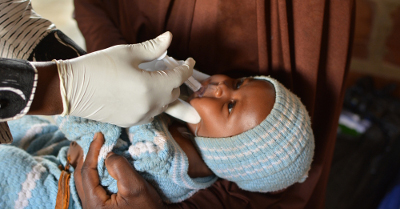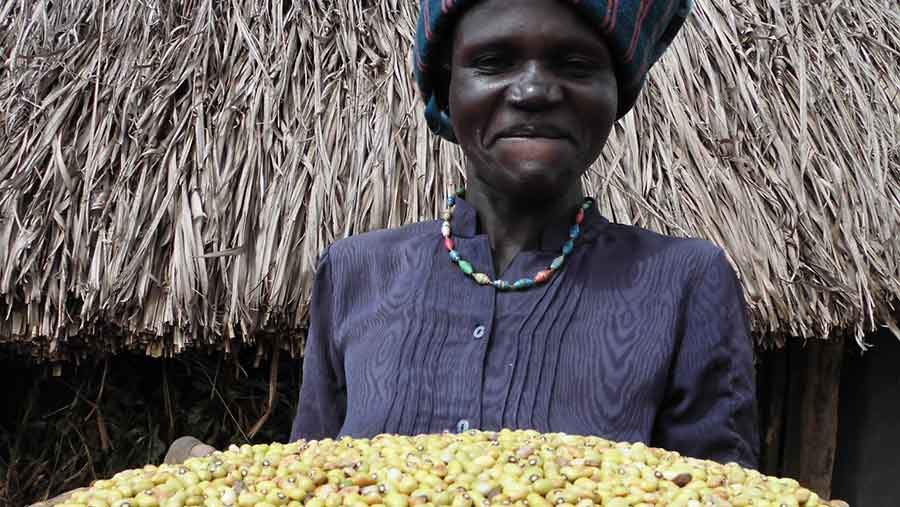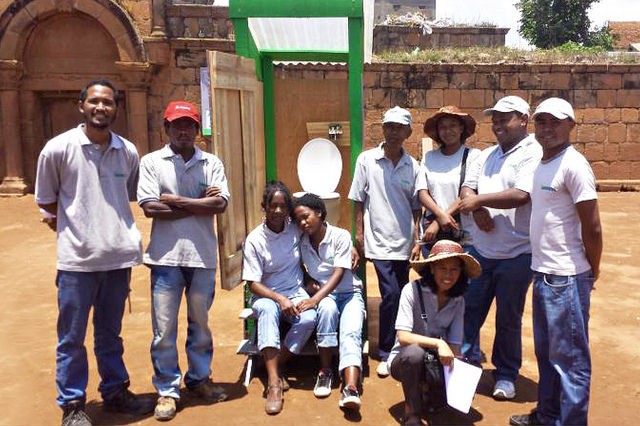Personnel Today,
2 October 2016
PTSD Resolution has launched a training programme for managers with employees who are suffering from PTSD. The programme was initially set up in response to demand from employers of former soldiers. Programmes to tackle PTS contribute to advancing SDG 3.4 to prevent and treat mental health issues and promote well-being
Elsevier,
Elsevier Connect, October 2016
"The Elsevier Foundation is partnering with Médecins Sans Frontières (MSF) and their training and research partner, Epicentre, to support the Niger Research Center. By building the Center's capacity and supporting African-driven research this project directly supports SDG 3, with a focus on target 3B. At the heart of this project is the development of a new vaccine to fight rotavirus."
RX,
World Travel Market, 27 September 2016
Overtourism' is likely to become a commonplace term over the next few years as the travel industry grapples with sustainable tourism. Addressing the issues faced will help to advance SDG 8.9 to devise and implement policies to promote sustainable tourism that create jobs and promote local culture and products as well as SDG 11.4 to strengthen efforts to protect and safeguard the world’s cultural and natural heritage.
Farmers Weekly,
20 September 2016
Lucy Ajok, a 34 year old Ugandan farmer, gives Farmers Weekly an insight into her rural life. Lucy is a single mother of five children and lives on a three-acre farm practising mixed farming. Farming families dependent on family labour, like Lucy's, are typically the poorest in Uganda, and often have the additional challenge of HIV. This interview shares some of the challenges faced in achieving SDG 1 and SDG 2.
Estates Gazette,
17 September 2016
On-site energy storage systems can be used in both domestic and commercial buildings to address the increasing demand on electricity. This would require energy to be purchased at off-peak times and stored for use during peak times. Despite a number of benefits to on-site energy storage systems, they are not yet an economically viable solution, although by 2021 costs are expected to fall significantly. Future-proofing buildings in the form of battery technology supports SDG 7 - affordable and clean energy.
Farmers Weekly,
14 September 2016
The state of nature report has revealed that more than half of UK wildlife species studied have declined since 1970. This decline has been linked to intensive farming practices although farm leaders have disputed the findings. Understanding these issues and the role of agriculture will contribute to the advancement of SDG 15.5 to take urgent and significant action to reduce the degradation of natural habitats, halt the loss of biodiversity and, by 2020, protect and prevent the extinction of threatened species.
Farmers Weekly,
9 September 2016
The role of agriculture in flood risk mitigation has been largely overlooked in the UK government’s national flood resilience review. Farm leaders are concerned that the review contains little mention of agriculture, rural communities or food security. This highlights the need to address flood risk mitigation holistically to support SDG 13.1 to strengthen resilience and adaptive capacity to climate-related hazards and natural disasters, and SDG 2.4 to implement resilient agricultural practices that strengthen capacity for adaptation to climate change, including flooding.
RELX,
September 2016
The RELX Group Environmental Challenge is awarded annually to projects that best demonstrate how they can provide sustainable access to safe water where it is presently at risk and/or access to improved sanitation. The 2016 winner was Loowatt - an innovative sanitation solution which also generates power. The Environmental Challenge directly assists SDG 6.1 and 6.2 to achieve universal and equitable access to safe and affordable drinking water and access to adequate and equitable sanitation and hygiene, for all.
Community Care,
6 September 2016
The UK Government and the Local Government Association have launched the ‘Come Back to Social Work’ campaign to address the shortage of experienced social workers in adults and children’s services. The pilot will see 30 social workers offered 13 weeks’ training to help prepare them to re-enter practice in early 2017. This government campaign contributes to the advancement of SDG 4 to ensure inclusive and equitable quality education and promote lifelong learning opportunities for all.
LexisNexis Legal & Professional,
Business Insight Solutions, 16 August 2016
The number of victims of modern slavery in England and Wales has increased fivefold since 2012, according to a new report issued by the Salvation Army. This increase magnifies the risk to companies of doing business with third-parties involved in modern slavery and human trafficking if proper precautions are not taken. Raising awarenress of modern slavery is vital to the advancement of SDG 8.7 to eradicate forced labour, ending modern slavery and human trafficking by 2025.



